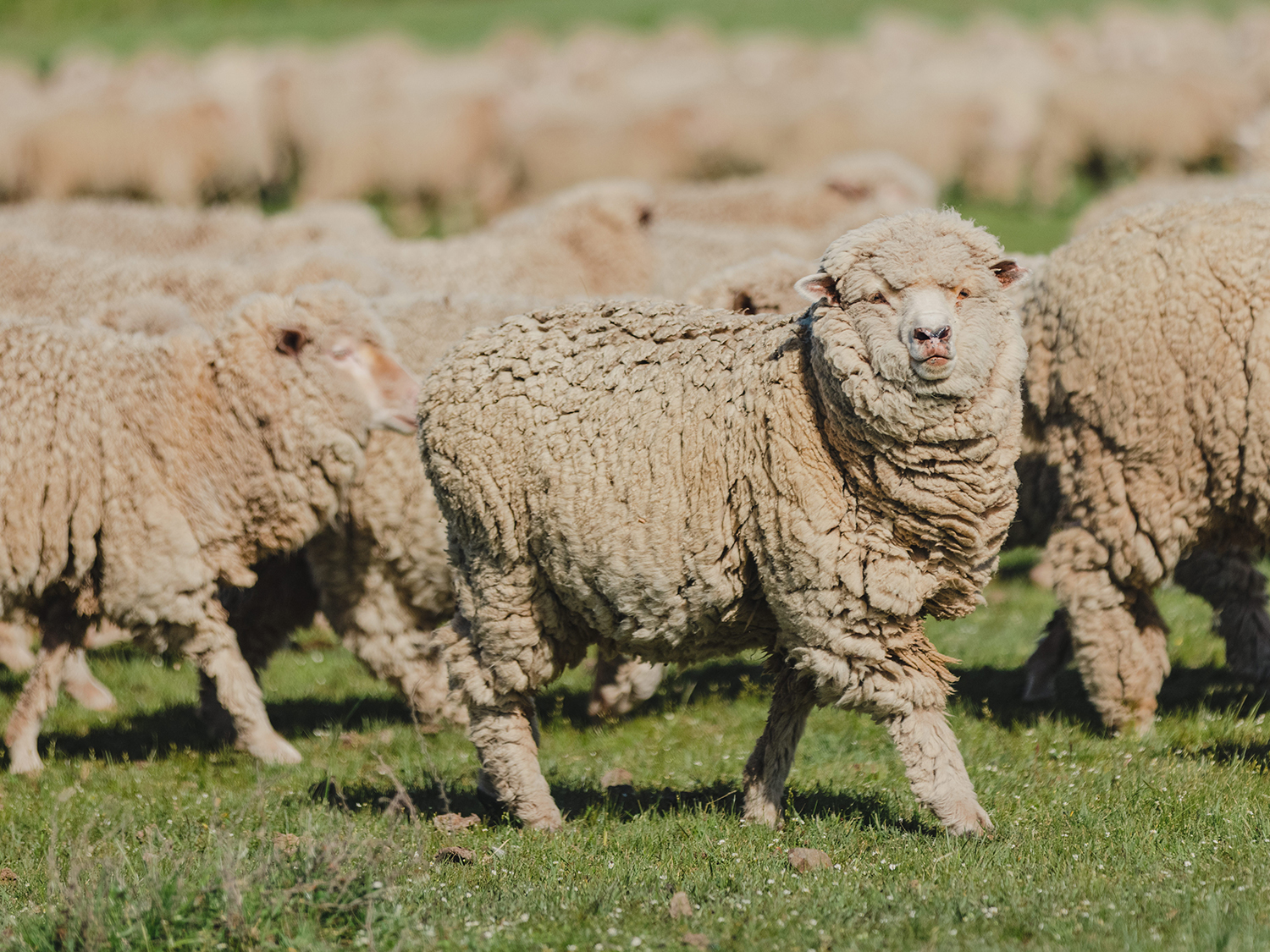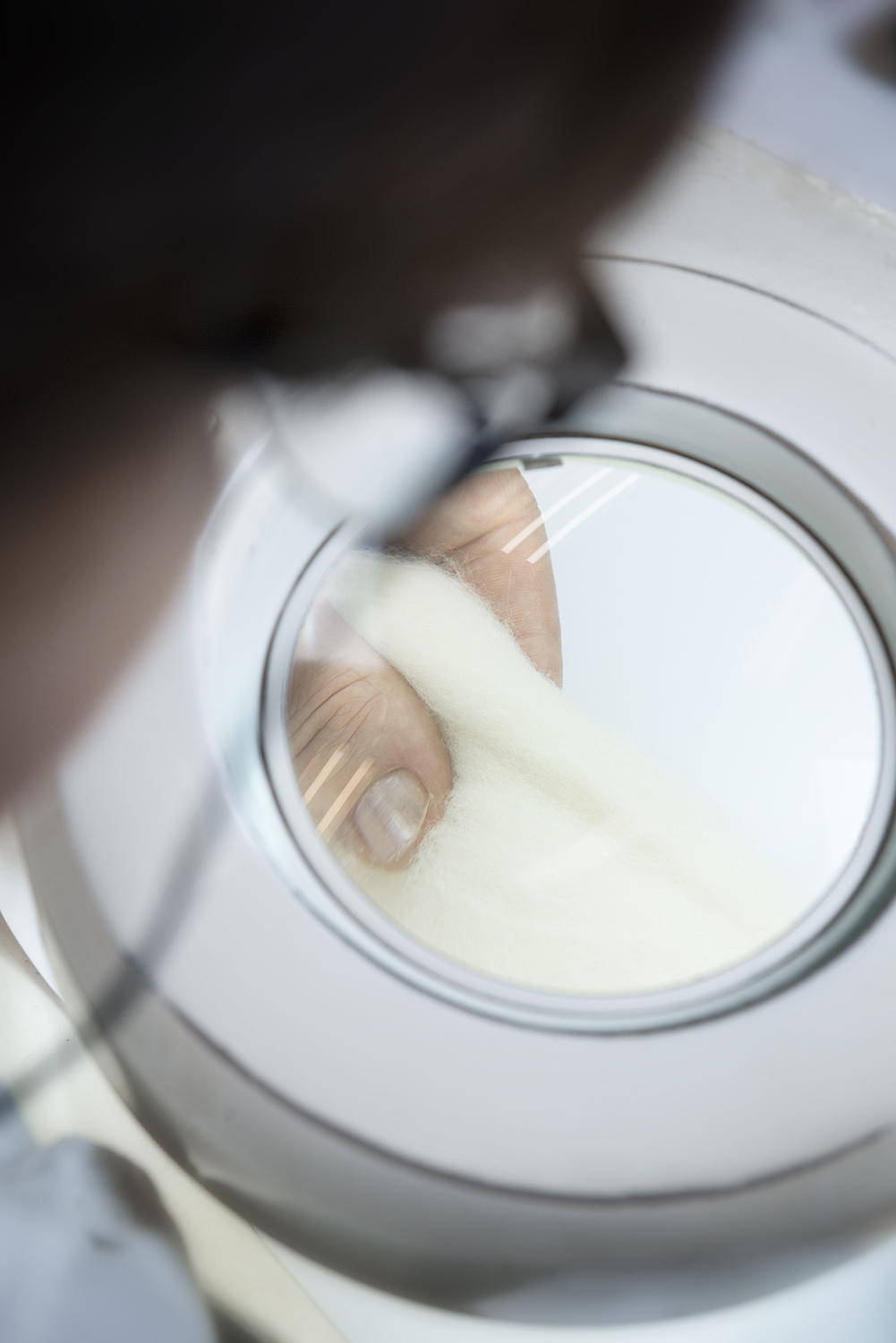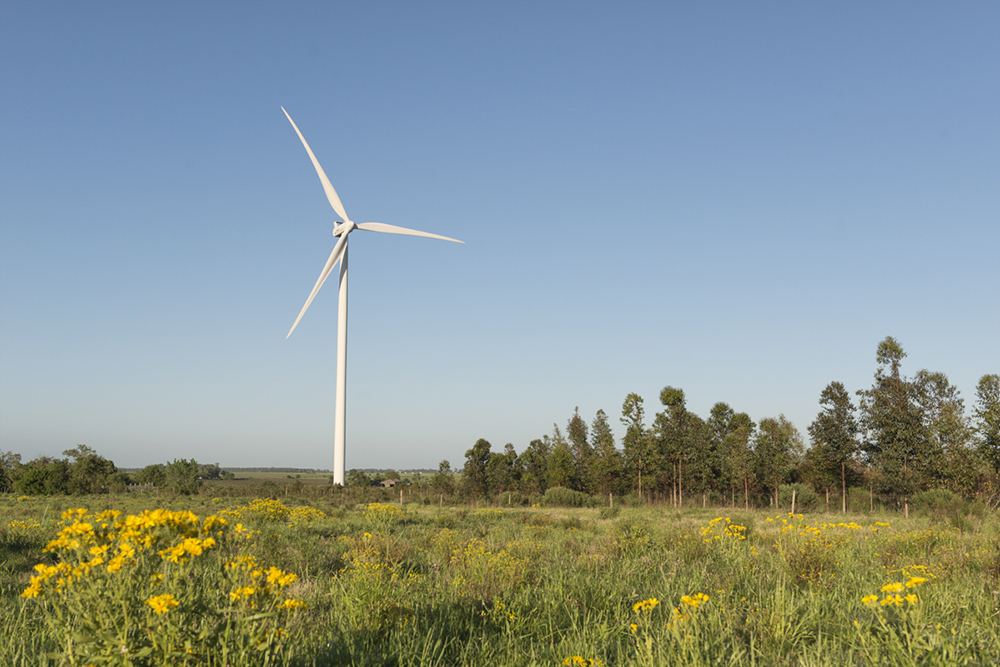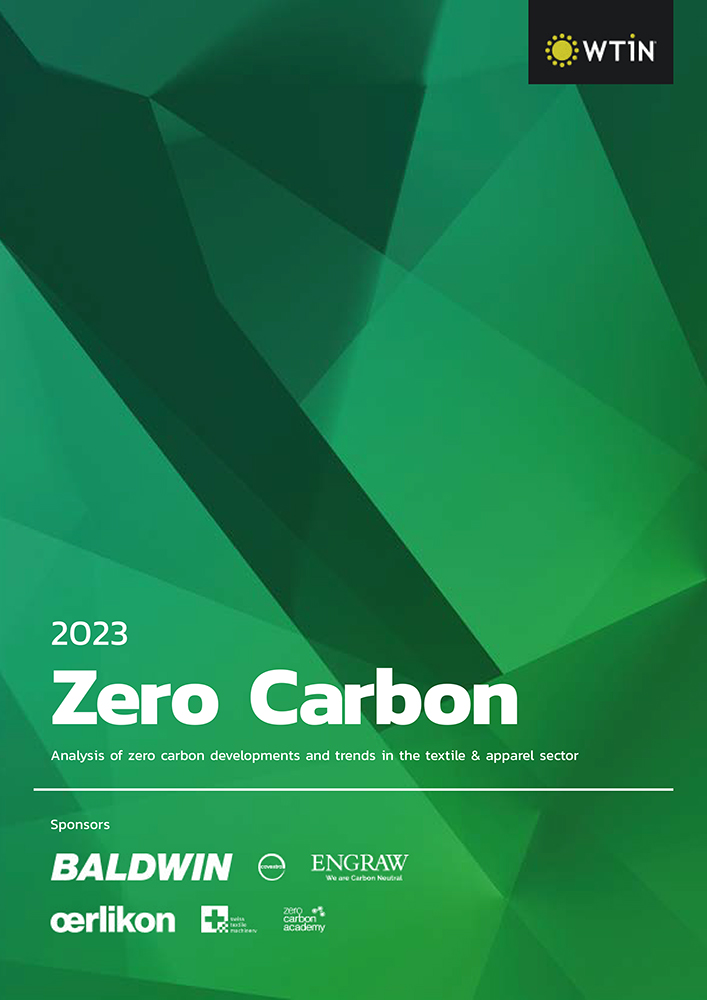
Madelaine Thomas assess wool manufacturer Engraw’s carbon neutrality and future sustainable development plans. As featured in WTiN’s Zero Carbon Report.
When it comes to carbon neutrality, there’s no better case study than Uruguay-based family-run wool manufacturer Engraw.
The company was founded in 1951. Federico Raquet, managing director of Engraw, says his grandfather, the late Frank Raquet Hosey, came from the US to Uruguay to install spinning machines for a wool top company. He fell in love with the country and decided to set up a new life there. With his uncle, John Hosey, Raquet Hosey founded Engraw Export and Import Co exporting wool. Engraw has since remained a family-run business, with Federico’s father and sister working in the company. Engraw has now been combing wool for over 70 years.
Raquet says: “We produce around 4.5m kilos [of wool] annually and export to more than 25 countries around the world. We treat and sell all by-products and sub products such as lanolin, noils, short wools for the carding sector among others. Basically, we use everything and we have very little waste.”
Minimal waste is important to Engraw, whose mill is located 100km from Montevideo, the capital of Uruguay. In all, the mill and its premises spans 100 hectares. Respecting the environment, livestock and local community is embedded in Engraw’s belief system, Raquet says.
He continues: “From the start we were regarded as part of the community: not a separate entity, but part of something bigger.” The company takes part in initiatives and projects that contribute to improving the quality of life of the local community. “It’s this same spirit of being part of something bigger, something bigger than oneself, which motivates us to opt for win-win strategies where not only the company benefits but also the environment and people,” adds Raquet.
In 2008, Engraw became the first South American wool top company to be certified under the GOTS certification and in 2013 it became the first private company in Uruguay to be energy self-sufficient through renewable sources after installing its first windmill. 70% of Engraw’s power became renewably sourced. In 2018, a second windmill was installed and the company reached 98% renewable energy.
For Uruguay though, this connection to sustainability is a way of life, rather than a conscience decision, according to Raquet. He says: “Uruguay has talks very little about our connection to nature, the countryside and our lifestyle. We work and live in the countryside: this is a lifestyle in our country.” Raquet notes that although Engraw has a number of certifications when it comes to the environment and animal treatment, this was more of a customer requirement than something the company and its farmers needed to adapt to, to ascertain. “We already knew that most of our farmers followed the animal's natural development. But it was necessary for a third party to guarantee it in the peace of mind of consumers.”
As such, the company produces mulesing-free wool, produced by healthy sheep and following the best animal husbandry practices available, it says.
Carbon neutral
Faithful to the belief that what is not measured cannot be managed, Engraw began measuring its carbon emissions during the years of the Covid-19 pandemic. The results of the measurements were in the first year of the company’s Carbon Neutral Certification: a total of 23 tonnes of carbon positive emissions, according to Raquet. He adds: “This was without considering the tree plantation around the factory – a protocol that the certificate doesn't contemplate.”
The company is also in the process of measuring its farmers’ carbon emissions. However, states Raquet, it can be complicated to measure the full carbon footprint of a farming ecosystem as there is much more complexity involved in this network.
Despite complexities, Raquet says: “We started this two years ago and using the GHG protocol we have measured most of the carbon footprint of our farmers, but it is an ongoing study. Other challenges in measuring carbon footprint for Engraw – and indeed for many others – were around the lack of information and transparency in the value chain, the financial implications of undergoing a large project like this (especially when certifications are involved) and changing the habits of a traditional industry.
“Certifications and measurement require a change of how we think of how we work,” he adds. This includes seeing this change as an opportunity, “which was our case is not a problem. But if you see it as an obstacle, it can be a big headache.”
Origen
The company has also started working on its traceability, launching its own certificate: Origen by Engraw. Each Origen certified wool top is made of wools from a careful selection of farms owned by growers that share Engraw’s vision and values, says Engraw. These values include:
- A genuine love for sheep that live in accordance with the five freedoms and are free of mulesing procedures (mulesing is not practiced in Uruguay as it is not justified through climate or sanitary reasons)
- Environmental responsibility throughout the entire manufacturing process
- Social responsibility towards the local community, families and people involved
- A fully traceable route that takes the final consumer back to the land where the sheep were raised
- Exceptional quality through the combination of healthy bread sheep, technological innovation and the perfect blend of experience and passion
Future challenges
Over the coming five years, Engraw is setting itself a number of goals. The first of these is circularity. Raquet explains: “We've come a long way in this regard recently, we have been certified Cradle to Cradle Level Silver. Certified products are awarded certification based upon their performance across critical areas of sustainability: material health; product circularity; clean air; climate protection; water and soil stewardship and social fairness.”
He continues: “The process took a lot of time and resources but it produced more favourable results that when we expected. We have also certified our products and their material health to Gold level.”
The next step for the company is to generate value with its plastic waste. Currently, Engraw recycles it. “But we're working on creating products, such as school bags for our personnel, with a plastic waste made by the people in our town.” Thus, owing to the company’s win-win strategy.
Secondly, Engraw is working on reducing its methane emissions. Raquet says: “Although our waters are treated in lagoons, and with them, our more than 7,000 trees are irrigated to clean this water during this treatment, the lagoons emit some methane.” Engraw is therefore looking to invest in covering the lagoons to reduce these emissions.
Lastly, Raquet and the team are looking into regenerative farming. Raquet explains it is no longer enough to be sustainable but we must go one step further and be regenerate our environment.
He says: “We want to create a network of actions that benefit the livestock and their environment.” He adds that we need regeneration not just for the soil but also for human resources. “We seek to motivate the sector and the growers towards a conscious and responsible management of resources to work for a common good that will affect future generations.”
In this sense, Raquet adds: “We are training ourselves in regenerative livestock farming and we hope that by 2027 we will have at least 5-10% of our woolgrowers under regenerative origin.”
Have your say. Tweet and follow us @WTiNcomment





